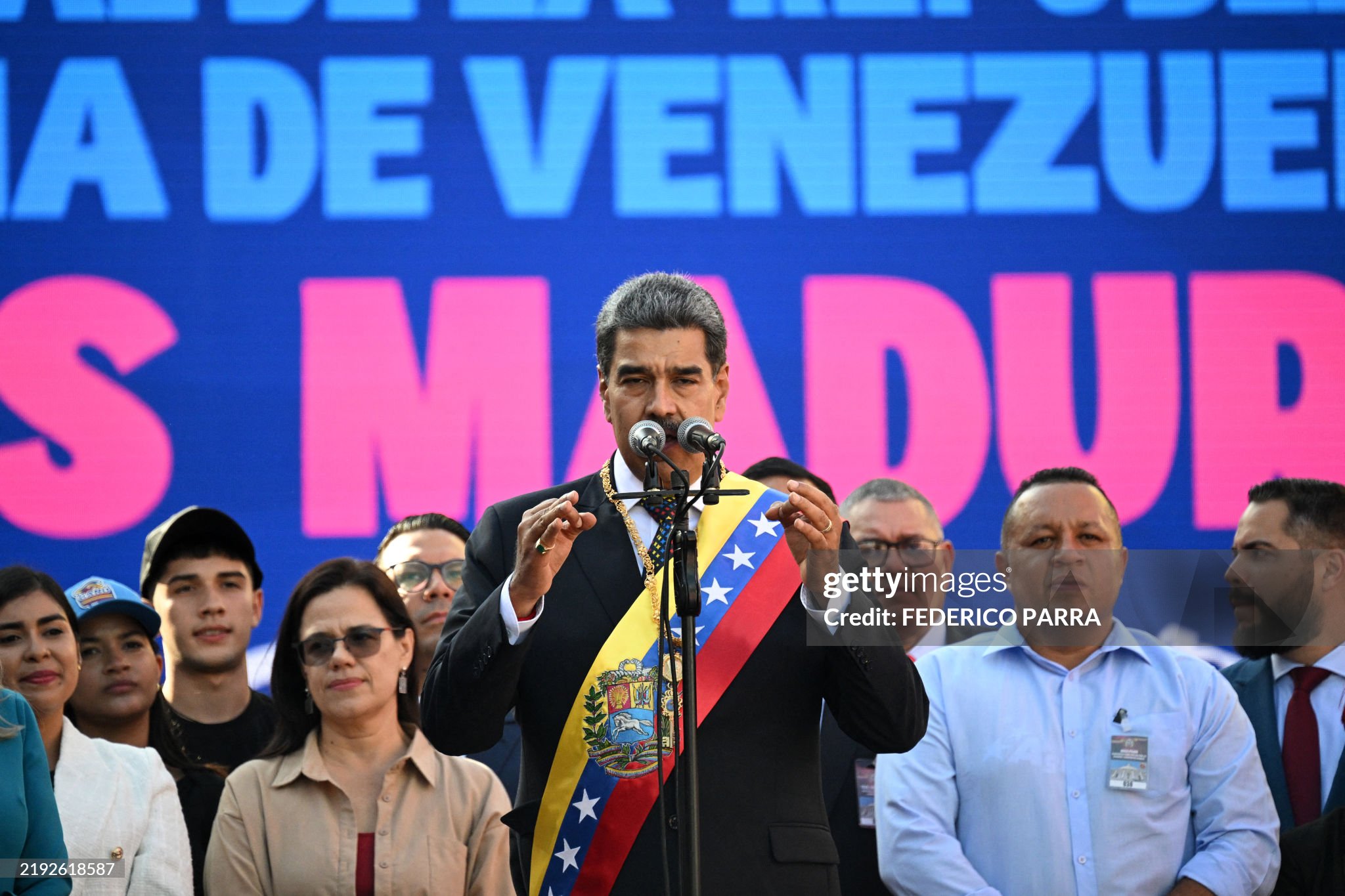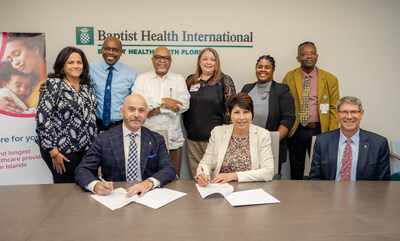At a meeting of the Committee on Technical Barriers to Trade (TBT) on 7-10 March, WTO members shared best practices on the regulation of plastics and discussed standards and technical regulations that could contribute to addressing climate change challenges.
Members also discussed a total of 74 trade concerns, 12 of which were raised for the first time, with respect to a variety of product areas. The Committee meeting coincided with International Women’s Day.
Two thematic sessions were held together with the Committee meeting. The first thematic session on regulatory cooperation between members on plastics regulation provided an opportunity for members to share experiences and good practices in plastics regulation and policy, which aim to minimize plastics waste leakage and plastics pollution, while encouraging trade and innovation.
While discussing national and regional perspectives, the session also addressed international developments to minimize plastics pollution and plastics waste in the environment and considered how these efforts may necessitate future international cooperation. The session also highlighted key TBT principles for efficient cooperation such as transparency, public consultation, the use of international standards, the use of data and technical information, technical assistance, development considerations, and the national quality infrastructure that underpins these systems.
The second thematic session on regulatory cooperation between members on climate change focused on the role of regulatory measures in contributing to members’ strategies for tackling climate change. The session highlighted the importance of increasing international cooperation and harmonization of regulations and ensuring effective participation of developing countries in international standard-setting processes in the area of trade and climate change. The session was an opportunity for members to share their experiences in designing and adopting regulatory measures related to trade and climate change as well as the challenges faced in their implementation.
Specific trade concerns
Members discussed 74 specific trade concerns at the Committee meeting, of which 12 were discussed for the first time. The full list of trade concerns raised can be found here.
Several of the new concerns were related to labelling requirements of products such as washing machines, hazardous substances, and alcoholic beverages, while others dealt with the regulation of medical, electrical, and charging equipment for quality and safety and energy efficiency purposes. The issue of packaging and shipment of waste for the purpose of facilitating environment friendly management of waste was also raised, among other topics.
Two Members took the floor to announce progress in their discussions of trade concerns. The UK announced progress with Saudi Arabia on its concerns with a Saudi technical regulation limiting hazardous materials in electrical and electronic equipment (STC ID 666), while the US announced progress with Qatar on the issue of Qatar’s health circular on shelf life for cheese (STC ID 602).
ePing
The WTO secretariat held a walk-in session on ePing for delegates to answer specific queries and receive feedback on the platform. In 2022, ePing became the central tool for managing notifications. The number of registered users continues to rise with around half from governments and the rest from companies, academia and civil society. By registering on the platform, users can benefit from features such as email alerts on notifications of interest. [photo of Room A]
Annual Review
The TBT Committee is mandated to carry out an annual review of activities relating to the implementation and operation of the TBT Agreement, including notifications, specific trade concerns, technical assistance activities, and TBT related disputes. At its March meeting, the Committee heard highlights form the twenty-eighth Annual Review, which is available in G/TBT/50.
Highlights from 2022 Annual Report:
3,896 notifications of new or modified TBT measures were submitted, a slight decline compared to 2021.
84 members (just over half of the WTO membership) submitted at least one notification during the year.
The vast majority of new notifications (83%) were submitted by developing and least developed country members.
There were five East African Community countries among the top ten notifying members: Uganda, Tanzania, Kenya, Rwanda and Burundi.
241 STCs were reviewed by members during 2022. Many of the STCs raised in the TBT Committee relate to notified measures – between 1995-2002, 67% of all STCs raised cited at least one notification.
See also
Transparency Working Group:
The Committee heard an update on proposals that were considered by the Working Group on Transparency. The first from Canada relates to modification of notification guidelines to improve the clarity and quality of notifications and a second put forward by the United States aims to provide more structure to certain notifications which can now be submitted through ePing.
New TBT Publication in Portuguese
Brazil announced the publication of a Portuguese-language version of the WTO TBT Handbook. Brazil stated that this will be an important tool for disseminating information about the TBT Agreement not only for Brazilians, but for the approximately 300 million Portuguese speakers in various countries around the globe. The official launch of the publication will take place on 30 March.
What’s next
The next formal TBT Committee meetings will take place on 21-23 June 2023. Digital products and cybersecurity will be the focus at the 20 June thematic sessions. The Committee will also hold an information exchange meeting for TBT enquiry point officials on 19 June.
Donate At Caribbean News Service, we do not charge for our content and we want to keep it that way. We are seeking support from individuals and organisations so we can continue our work & develop CNS further.





















Discussion about this post